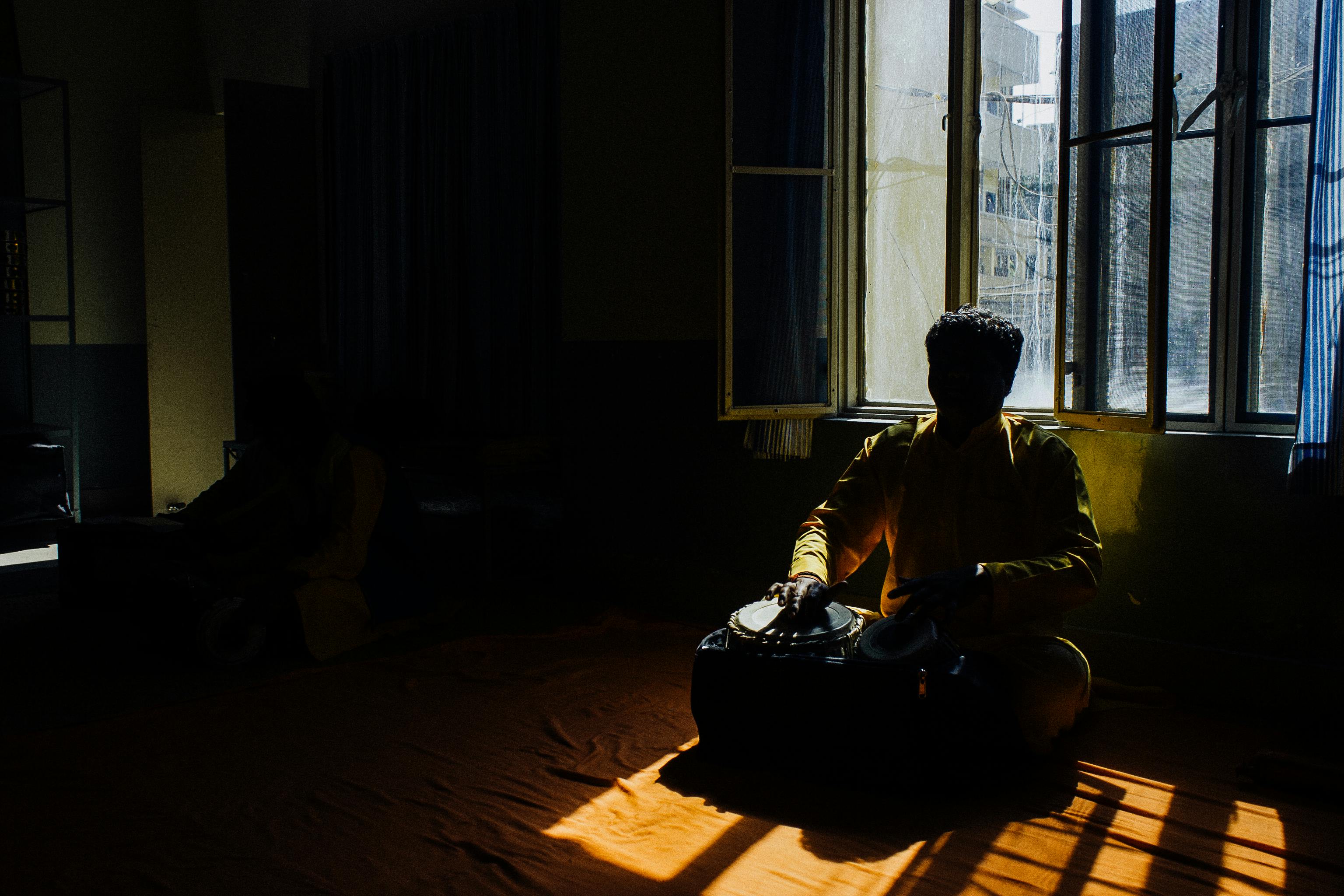
Unlocking your brain’s potential by discovering how to think!
I realize you’re saying to yourself, “I already know how to think.”
In the next 2 minutes, you will discover one of the best strategies practiced by the greatest thinkers who ever lived.
When I was a student at the Juilliard School, one of my professors assigned me a book or article to read each month. The teacher made a statement about the book and asked me a question that made me think about it. I also had to present a brief summary of what I had just read. I realized that his ultimate goal was to develop artists who were often great thinkers!
One of the people who introduced me through these books was Dr. Gerald Edelman. Dr. Edelman studied the violin as a child and contemplated a career as a concert violinist. He decided to pursue a career in medicine and later won a Nobel Prize in 1972 for his work in immunology and in 1973 he began studying the human brain. He continued to perform in a series of classical music concerts at his Neuroscience Institute.
In Dr. Edelman’s (1992) book “Bright Air, Brilliant Fire: On Matters of the Mind,” he said that each of us has a “Darwinian brain” that evolves with the stimulation you give it. For example: a young child who takes violin lessons for 2 years or more “will develop and adapt strong neural connections improving their brain function.”
Professor Lincer also assigned “Awakenings” by Oliver Sacks, MD, who wrote many books on the neurological charts of his patients. He was Professor of Clinical Neurology at the Albert Einstein College of Medicine. Dr. Sacks studied piano as a child and continued to play throughout his life.
He said that “music has been the most profound non-chemical medicine for our patients. What we see, fundamentally, is the power of music to organize, and to do so effectively and joyfully, when abstract or schematic forms of organization fail.”
Classical music has the power to organize the brain due to its complex rhythm.
Dr. Sacks had a patient who suffered from severe Alzheimer’s. The patient “responded to the parlor music by taking her wife in her arms and looking into her eyes and dancing with her.”
One of his patients had a stroke and could no longer walk or talk. Dr. Sacks brought in an accordionist who was playing a familiar song and the patient began to sing the song with him. Music has the power to stimulate memory. “Memory, says Dr. Sacks, is the key to a sense of self” and music evokes emotion and emotion can bring up your memory.
I recognized that there is a scientific link between the study of musical instruments and academic and social success. Studying a musical instrument develops millions of new connections, synapses, between nerve cells in the brain. Many of the world’s scientists, doctors, teachers, authors, and mathematicians are also musicians..
Over the years Professor Lincer and I continued our conversations about the many books and articles he had me read. I have incorporated our discussions into several of my books, articles, radio shows, and blogs over the past twenty years, and also, at your urging, had a dialogue with Dr. Oliver Sacks and Dr. Gerald Edelman.
I realized that Professor Lincer was teaching his students to develop an Aristotelian fascination with the skill of critical thinking. Aristotle made statements and asked questions that prompted the student to think of a well-chosen answer.
Aristotle’s “Ethics” deals with all aspects of “How to Lead a Good Life”. Family/Community Values, the Virtues: “Wisdom, Temperance, Courage, Justice, and Friendship. Doing the right thing and making the right decisions defines us. Different types of friendships to connect with others.”
The magic of studying Aristotle’s method of thought is that the student discovers facts independently with the help of Aristotle, rather than being instructed by him. It forces us to use inductive and deductive reasoning as critical thinking methods.
The greatest gift a teacher can give his student is to teach them how to think… not what to think.




